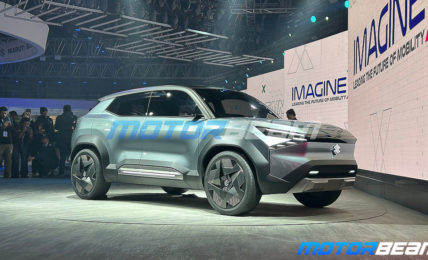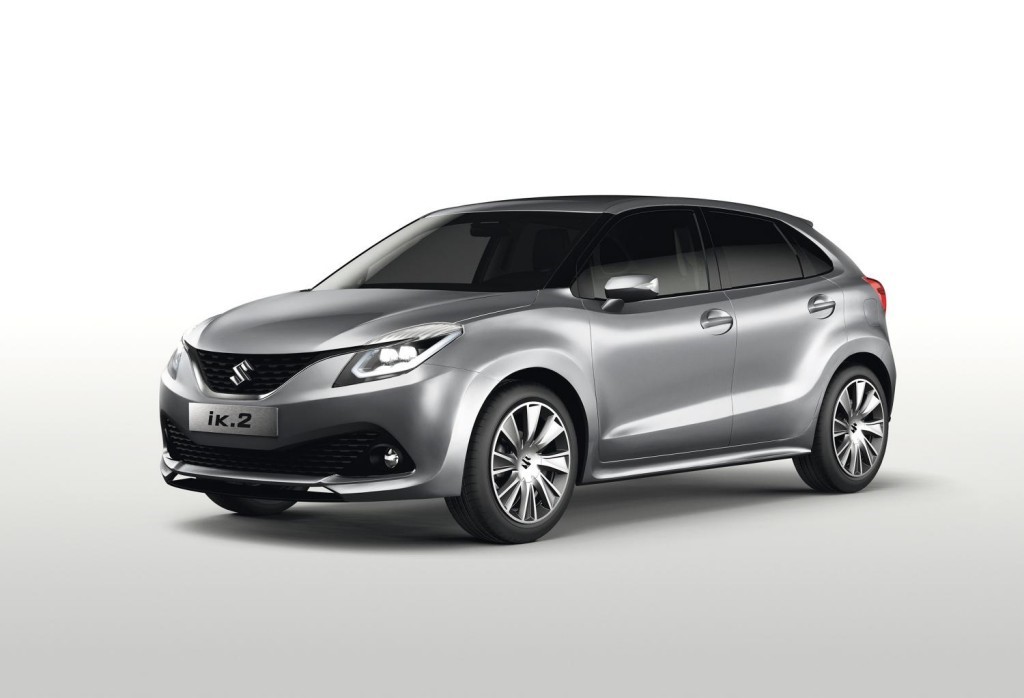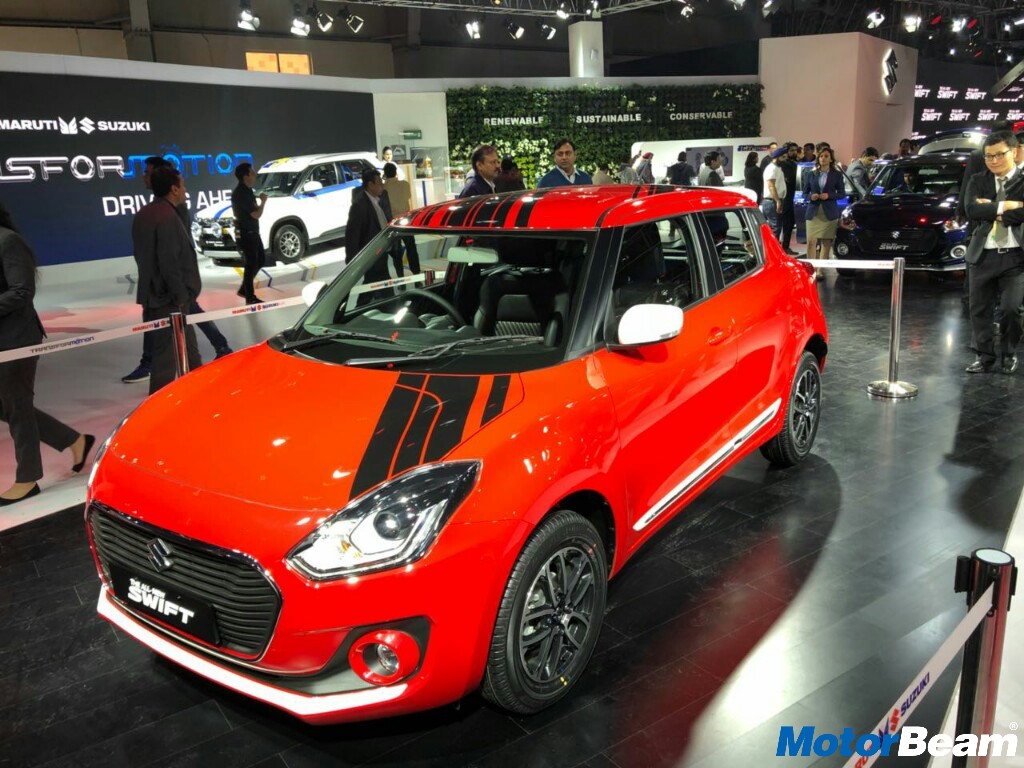Maruti considers the possibility of barring diesel cars and is in talks with Suzuki.
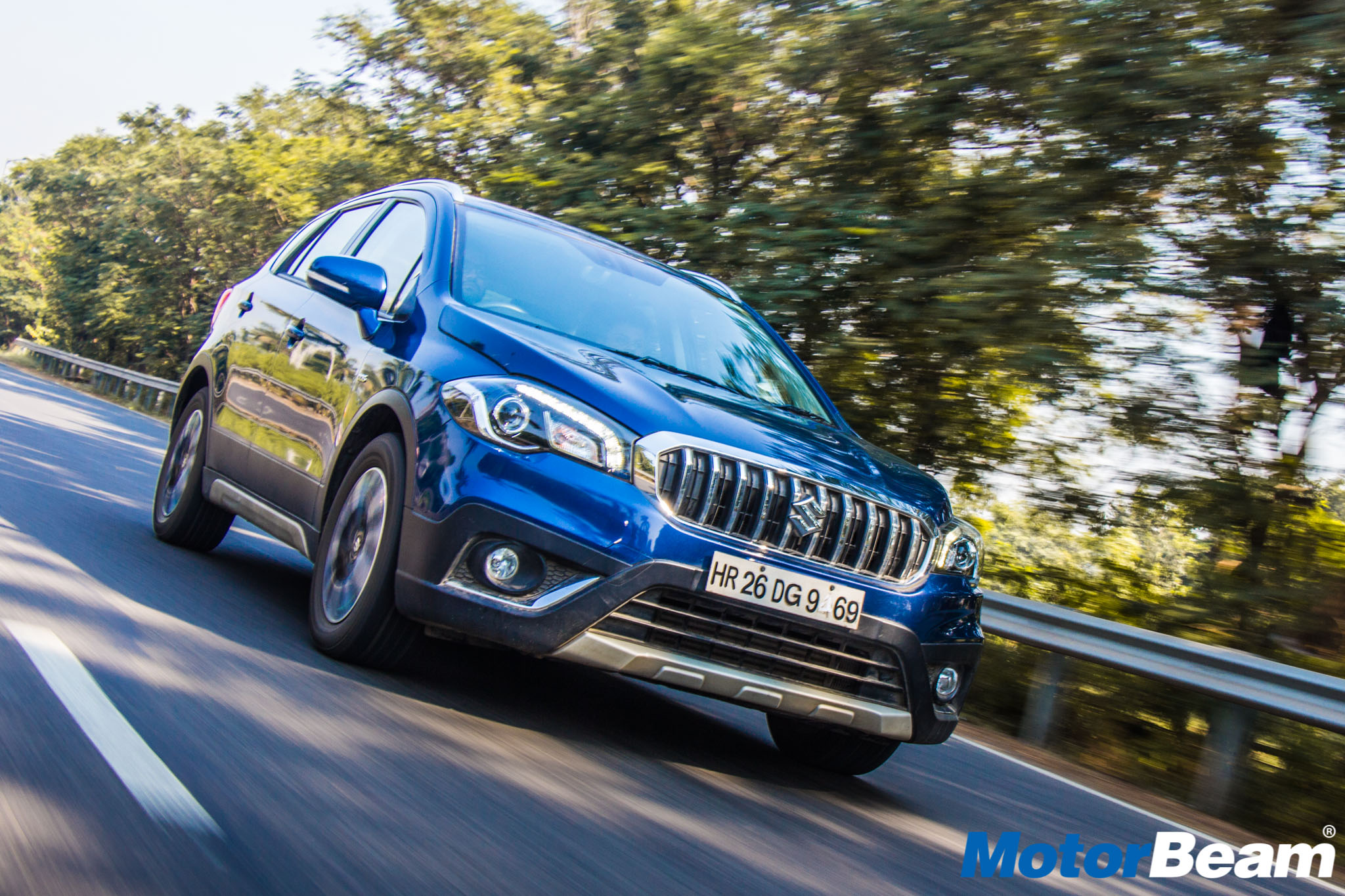
Maruti Suzuki and Mahindra are working on plans to gradually reduce dependence on diesel cars to cut down on pollution levels in India, as India is one of the world’s most polluted countries. Maruti is in discussions with its parent company, Suzuki, to completely stop the production of diesel cars in an attempt to bring down pollution. Instead, the company wants to promote CNG by offering more CNG variants of their cars.
Mahindra also has taken up the initiative to stop manufacturing diesel vehicles, the company currently depends heavily on diesel cars and plans to offer petrol variants on all products, except the Bolero. Mahindra is also planning to stop the production of single-cylinder diesel engines.
Petrol was 17.2% costlier than diesel on 1st January 2018. The differential narrowed to just 7.1% on 13th February 2019. This makes the manufacturers optimistic of moving towards petrol and electric-powered cars due to the narrowing price differential between petrol and diesel.
Stringent BS6 norms are making car manufacturers find a way to make their cars more and more fuel efficient. Along with BS6 norms, corporate average fuel efficiency (CAFE) norms require vehicles to cut their emissions drastically and increase fuel efficiency, whereas diesel-powered cars don’t meet these requirements.
Maruti has also asked dealerships to bid for licenses to set up their own CNG dispensing stations to keep pace with the company’s plan of selling about 2,00,000 units of CNG passenger vehicles annually by 2022 by introducing more models that run on the eco-friendly fuel. Fiat India has also informed Maruti that the production and supply of 1.3-litre diesel engines will have to be stopped after 31st March 2020, when the BS6 norms are enforced. The 1.3-litre engine meets the existing BS4 norms and is used in Maruti models such as Swift, Ertiga, Baleno, S-Cross and Ciaz.
To counter this, Maruti has developed their own 1.5-litre diesel engine which is expected to be launched this year. 20-30% of sales in the passenger car segment come from diesel engines, while the share is as high as 82% in SUVs. Mahindra’s Managing Director Pawan Goenka has said that they will have the freshest portfolio of engines in India with 1.2-litre, 1.5-litre and 2.2-litre units, with all three of them coming in diesel and petrol, post-April 2020.
Environment, Social and Governance (ESG) funds, wherein fund managers globally are reluctant to invest in companies that have exposure to any environmental risks are other factors that go beyond the difference between petrol and diesel prices. India is catching up with the European Union to implement the ESG funds as mandatory in public markets.
Mahindra Diesel Cars
– Maruti plans to offer only petrol cars and promote CNG powered vehicles
– Mahindra also plans to offer petrol variants across its model range
– Maruti’s upcoming 1.5-litre engine will meet BS6 norms
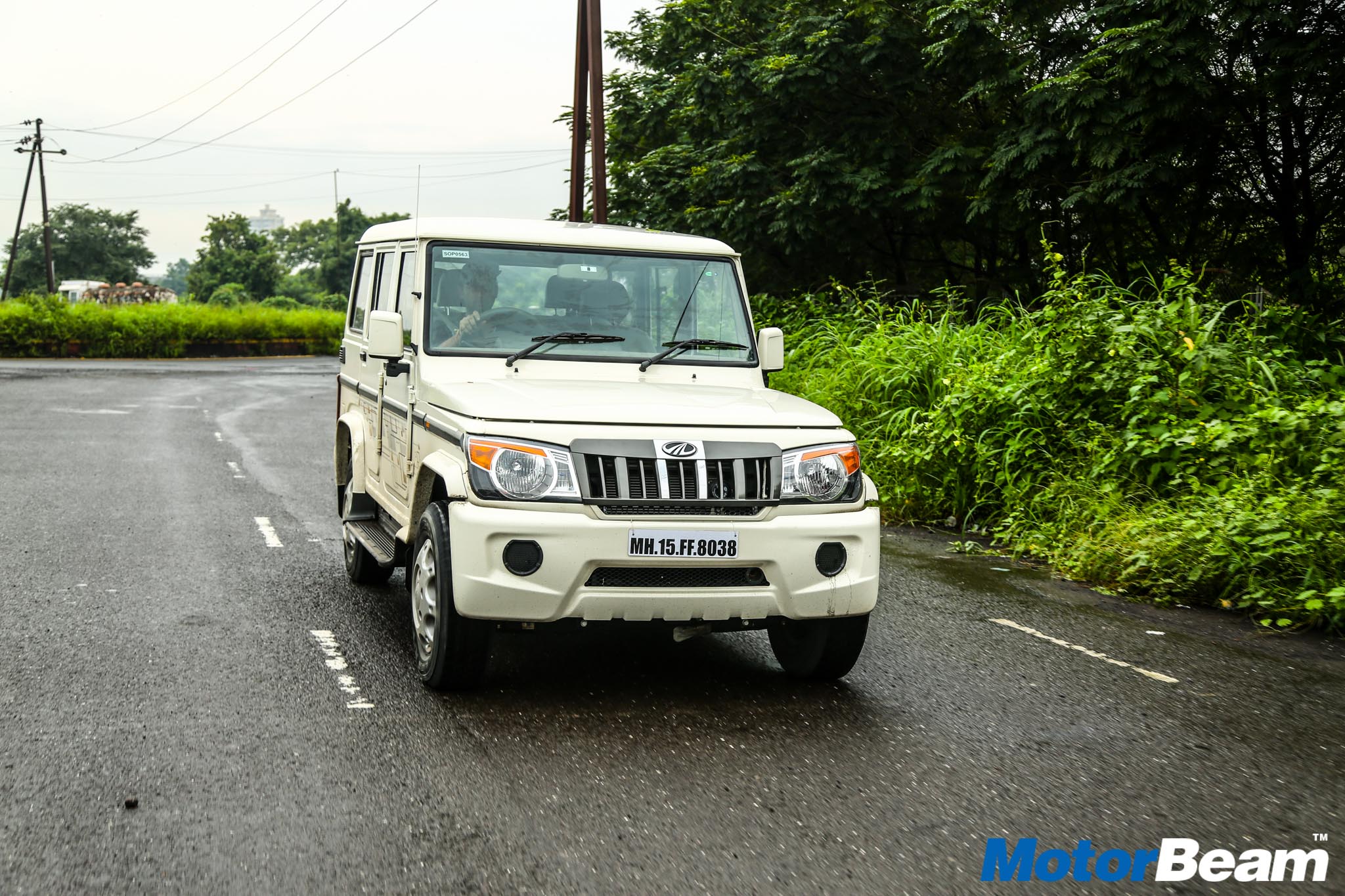
Source – LiveMint.com


